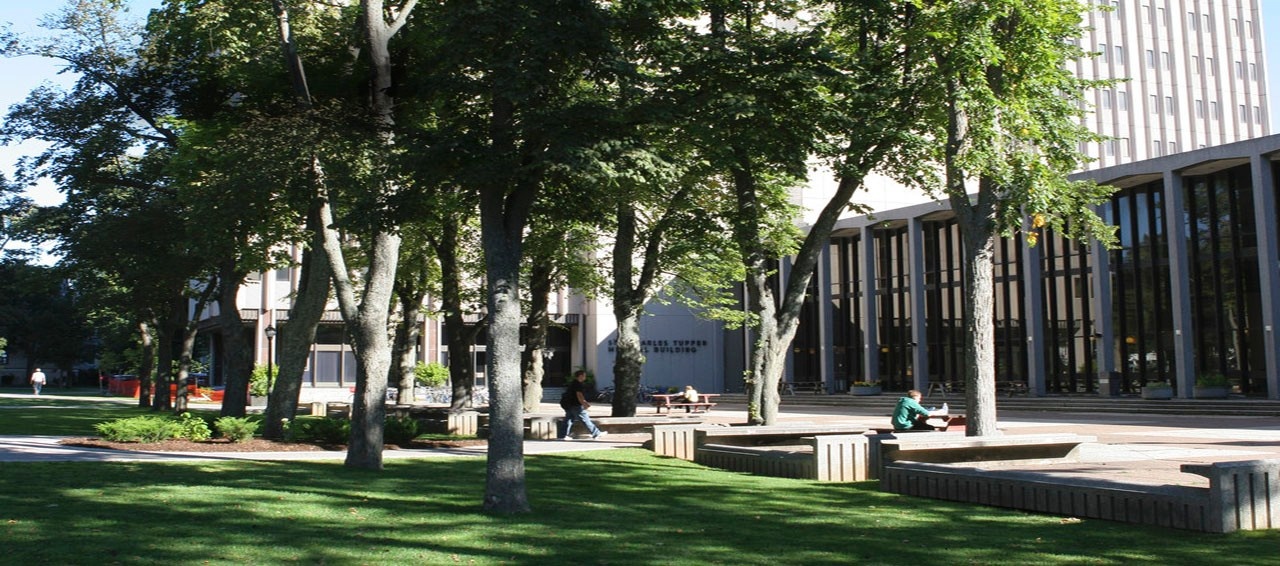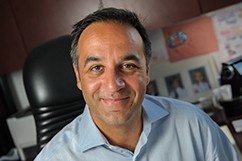Researchers at Dalhousie Medical School
A melting pot of talent
Researchers come to Dalhousie Medical School not just from the Maritimes, but from all across North America and around the world. Together, they represent many different languages and cultures, as well as a wide array of scientific, medical and technical areas of expertise. They come to Dalhousie to be part of a tightly knit research community that fosters collaboration, cross-pollination of ideas, creativity and innovation.
Dalhousie Medical School’s community of 350 researchers involves basic scientists and clinicians in many fields, who collaborate with biomedical engineers, computer scientists, health economists, ethicists and others. By working closely together on more than 800 projects, our researchers are developing comprehensive and workable solutions to the health problems of today and tomorrow.
Basic science researchers
Dalhousie Medical School basic science principal investigators are exploring the fundamental workings of our body and the mechanisms of disease. In so doing, they seek to identify effective new means of preventing, diagnosing and treating disease.
Each PI employs graduate students and research staff to conduct day-to-day experiments and analyses in the lab, while postdoctoral fellows and research associates conduct experiments in research areas that closely overlap the PIs’ main interest. Undergraduate science and medical students also work in basic science labs, gaining valuable insights and experience while making important contributions to the work.
Dalhousie’s basic science researchers frequently work in tandem with clinicians, using science to answers questions and solve problems that clinicians face in their work with patients.
Clinician researchers and clinician scientists
More than half of Dalhousie Medical School’s clinical faculty are deeply involved in research. Many conduct purely clinical research, including clinical trials and intervention studies, as well as explorations of health-services delivery and patient outcomes.
Some of our clinicians are scientists as well as physicians—hence, “clinician scientists”—with basic science training and laboratories of their own. These highly qualified and productive researchers bring a powerful combination of skills, perspectives and insights to their efforts to solve the problems that affect their patients’ lives.
Epidemiologists
Researchers who study the health of large groups of people over long periods of time are called epidemiologists. Dalhousie Medical School’s epidemiologists are particularly well known for their work on the effects of exposure to toxins in the environment, the causes of cancer in Atlantic Canada, the underpinnings of childhood obesity and the predictors of healthy aging.
Research chairs
Dalhousie Medical School’s research chairs are leading scholars in their fields. Through their stature and the high quality of their work, they are helping to transform scientific thinking, clinical practice and health care policy—locally and around the world.

